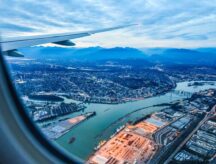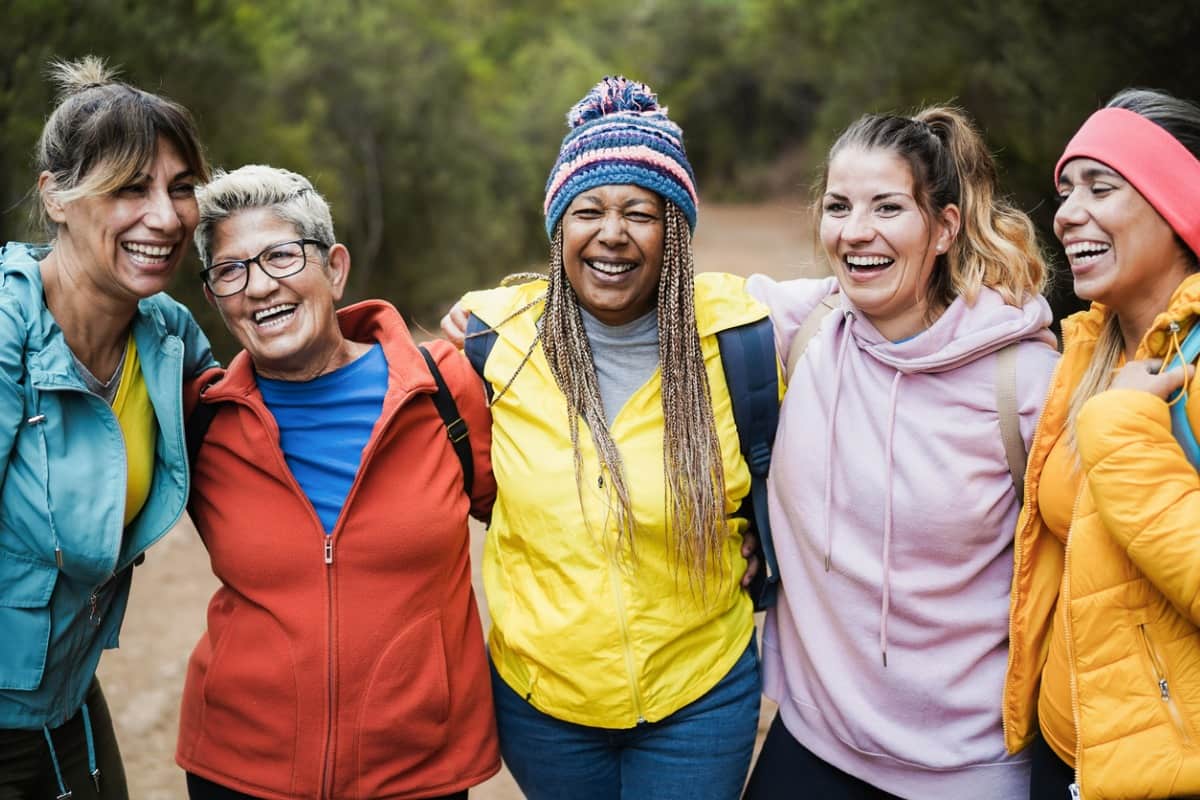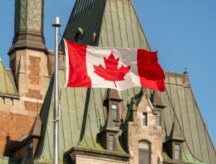Travellers to Canada must now use ArriveCAN app
Travellers to Canada will soon be required to use the ArriveCAN app as part of efforts to help contain the spread of the coronavirus.
This free app was introduced in April, 2020, in an effort to help travellers comply with border measures, a government media release says. It is available as a mobile app, or by signing in online.
Here is what you need to do before and after coming to Canada.
Before arriving at the border
Starting November 21, air travellers whose final destination is Canada must submit their information through ArriveCAN before boarding. This includes travel and contact information, quarantine plan (unless they are exempt), and a COVID-19 symptom self-assessment.
Travellers will need to show their ArriveCan receipt when seeking entry to Canada. Canada Border Service Agency (CBSA) officers will verify that travellers have submitted their information digitally.
Travellers who do not comply could be subject to enforcement action, which can range from a verbal warning to a $1,000 fine. Exceptions will be provided to those who are unable to submit documents due to personal circumstances such as having a disability or inadequate infrastructure.
Beginning November 4, air travellers will be reminded by their air carrier that they will need to submit COVID-related information digitally through ArriveCAN before boarding their flight to Canada.
Beginning immediately, travellers seeking entry to Canada by land or marine are strongly encouraged to use ArriveCAN before they arrive to avoid delays and to limit points of contact when they reach the border. They can also show their ArriveCAN receipt to a border services officer when they seek to enter Canada.
After arriving to Canada
As of November 21, 2020, all travellers who enter Canada by air, land, or marine will also be required to submit information through ArriveCAN or by calling the following toll-free number: 1-833-641-0343 during their quarantine period. Those exempt under the Mandatory Isolation Order do not need to complete this procedure.
Within 48 hours of arriving to Canada, travellers must confirm they have arrived at their place of quarantine and they must complete a daily COVID-19 symptom self-assessment during the quarantine period.
Travellers who do not use ArriveCAN to submit their information prior to arriving to Canada will be required to call the 1-833-641-0343 toll-free number on a daily basis during the quarantine period to provide their information. They will not be able to use ArriveCAN.
Travellers will be considered a high priority for follow up by Canadian law enforcement if they do not submit their mandatory information.
The purpose of these measures is to reduce the spread of COVID-19, delays at the border, and physical contact between travellers, CBSA officers, and other government officials.
Unless one falls under an exemption, all travellers to Canada are required by law to undergo a 14-day quarantine period.
The Canadian government stressed in today's news release that ArriveCAN respects traveller's privacy and does not contain a GPS to track the movements of travellers.
Travallers are also offered dedicated lanes for ArriveCAN users at airports in Vancouver, Calgary, Toronto (Pearson), and Montreal to expedite processing upon arrival.
Find out if you’re eligible for Canadian immigration
© 2020 CIC News All Rights Reserved
- Do you need Canadian immigration assistance? Contact the Contact Cohen Immigration Law firm by completing our form
- Send us your feedback or your non-legal assistance questions by emailing us at media@canadavisa.com







